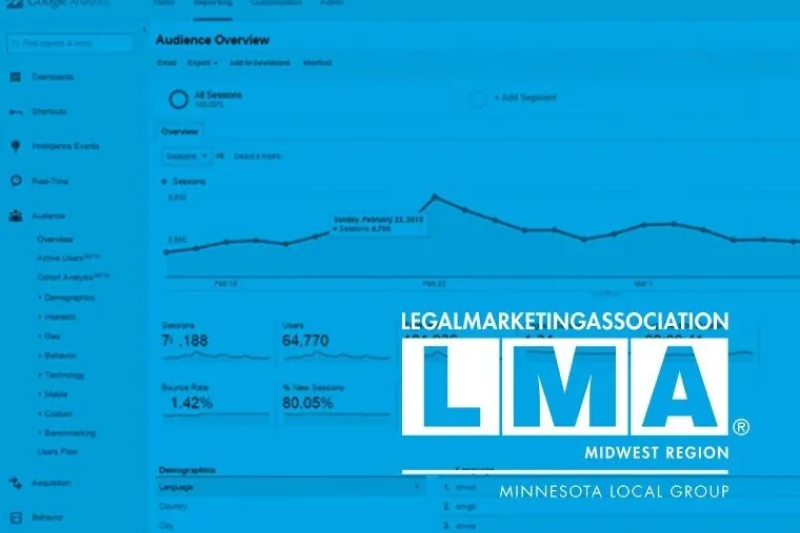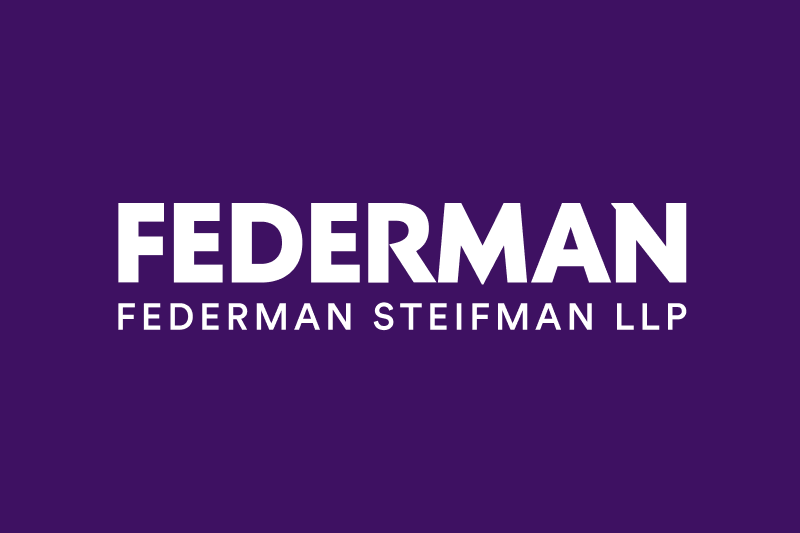

No area of website design and marketing for lawyers causes quite as much confusion as SEO keyword research. Going back a few years SEO used to entail some arcane and questionable practices – a dark art is the way many in the industry used to refer to it. In the last few years, though, Google has done a lot to make the use of keyword optimization a far more rational and transparent process, yet many lawyers and law firms continue to struggle with the process and wonder whether it is worthwhile. This article attempts to set forth a simple guide for how your firm can begin to harness the power of SEO to bring more traffic to the firm’s website.
At the outset though I want to address a comment I hear often from my law firm clients. Many lawyers seem to think that SEO is of little or no importance for their website given the nature of their legal practice. This view seems to be predicated on the idea that SEO is only valuable when it comes to consumer oriented searching, so it might be helpful for lawyers with a matrimonial or criminal law practice but has no relevance for law firms focused more on commercial law or the B2B market. While it is generally true that lawyers with a consumer oriented practice usually stand to benefit the most from SEO, at least given current Internet usage patterns, in my experience there are considerable benefits from the effective use of SEO for all law firms, no matter what type of client base they are serving. If your firm is going to the trouble and expense of designing and re-launching a website, SEO is almost always a cost-effective way to ensure that you realize the maximum benefit from your online presence.
Given the technical complexity of SEO most firms will find it necessary to retain an outside expert to help with the process. But before you hire an outside consultant, it’s important to realize that all law firm SEO research starts the same way – by tapping into a lawyer’s own understanding of the nature of his or her practice. Invariably the process begins by developing a preliminary list of keyword phrases you think your audience is most likely to use in searching for help. If nothing else, this first step in SEO research proves to be a highly useful exercise inasmuch as it forces lawyers to sharpen the focus of their marketing efforts by thinking about where new clients and opportunities are most likely to come from.
We ask clients to put together this initial keyword phrase list because they know their business better than we do. We try to make this process as painless as possible by suggesting a methodology or process pointers for going about the task. It’s a task that is well suited for team brainstorming sessions in order to tap into the knowledge of those who have the most insight in each relevant practice area or domain. Here are some other suggestions about how to streamline the process:
A good way to get started is by reviewing your firm’s sitemap whether you are optimizing your current site or designing a new one. Your initial goal is to build a list of keyword phrases for each major landing page on your site. Start by identifying the types of clients your firm has – Who are the key personae your firm is most likely to deal with in landing a new case or client matter? Is it likely to be an in-house counsel at a Fortune 500 company or start-up entrepreneur? – In any case, whoever it happens to be, you want to try and develop a keyword phrase list that reflects how these potential new clients will be searching – what questions do you think they will be most likely to ask when they sit down in front of their search screen?
Ultimately, you may want to go through this keyword phrase exercise for every page on your site, but to start with it makes sense to focus on the most important pages. Your initial goal should be to develop a list of 5–8 keyword phrases for each of these top-priority landing pages.
General terms (for your top level pages such as the firm’s Home and About Us pages).
Firms may find it difficult to develop keyword phrases for these pages; the smaller and more focused your practice is, the easier this will be. If you’re having trouble starting at the very top, we suggest saving it for last.
Geomodifiers
Where are you located? Where are you known? Where do you want to be known? Remember this is important to build into your list of keyword phrases throughout the site, in combination with your other keyword phrases, not just on your contact page.
Practice Areas
Make sure to have a good keyword phrase list for each practice page.
Industries
Make sure to have a good list for each industry page, if applicable, and even if your firm’s practice isn’t organized that way, give some thought to specific industries that your firm targets.
Attorney Bio pages
We recommend building the keyword phrase list for these pages only after completing the work for the rest of the site. In addition to attorney names, keyword phrases for the bio pages should incorporate those for the practice group and industries specific to each attorney’s practice, as well as relevant geomodifiers.
Case Studies & Blog posts
If your firm has developed valuable content, it is worth including keyword phrases that are appropriate for these pages as well. More targeted and substantive content often proves to be an important route for search engine discovery.
While you are at it, don’t forget to check Google Search Console/Analytics. What are your most visited pages currently? Which non-branded queries (phrases that do not contain the firm name and/or attorney names) bring your website in the search engine results pages (SERPs)? Which ones are leading to inbound links? Include them in the above.
As you compile your keyword phrase lists, it is important to fine-tune those lists by doing some further research. We recommend that you plug your keyword phrases into Google. Are the search results generated by your keyword phrase list relevant to you? Do your chief competitors show up on the SERPs? On the other hand, if the content seems wholly unrelated then that’s a pretty good indication that you need to fine-tune your keyword phrases. Another thing you can do to improve on your keyword phrases is to look for related search terms by scrolling to the bottom of each SERP. And keep in mind you can do this iteratively.
We also recommend our clients use incognito searching (in Chrome: New Incognito Window) in order to make sure that the research results are not compromised by any prior search history. We also recommend comparing your keyword phrases against those of your competitors which is easy enough to do using a tool like SEMrush.
In finalizing your keyword phrases you should try to include a mix of what we call head terms and long-tail terms. For those of you not initiated into the finer points of SEO lingo – those are terms we use to refer to shorter and more generalized keyword phrases, which are typically between one and three words in length, and longer keyword phrases, that drill down into some very specific issues or legal problems. Remember, when it comes to digital searching, greater specificity almost always provides a competitive advantage, so that’s why it often pays to go with longer-tail phrases.
Once this phase is complete, this is often where law firms choose to hand off the project to a SEO Strategist to pull monthly averages and further expand on the list of relevant terms.
A few good tools:
Mergewords – input the keywords and the tool will generate a plethora of keyword phrase combinations
Google Trends – may help you determine how particular topics are trending over time.
Google Analytics –free website analytics service offered by Google that tracks and reports website traffic
Google Search Console – (formerly Google Webmaster Tools); users can check site indexing, internal and external linking, and view which keywords land your site on the SERPs
Originally published on the Legal Marketing Association (LMA) Minnesota Blog.




